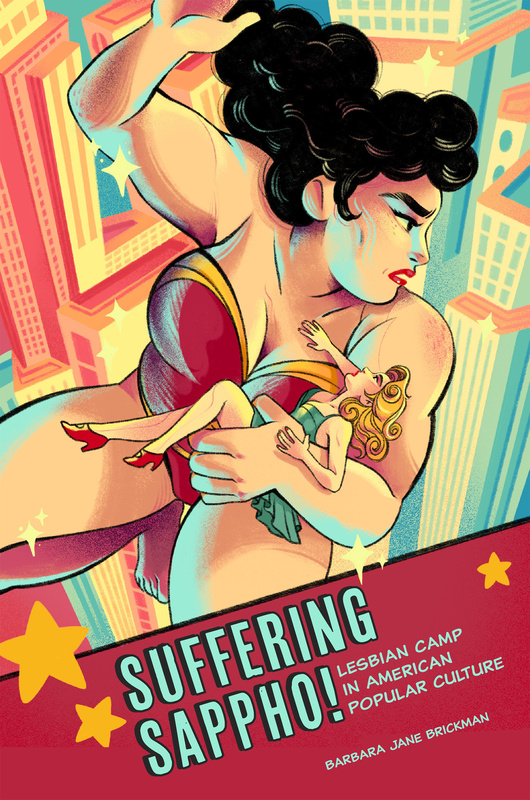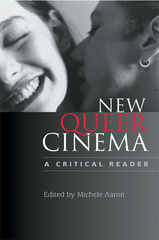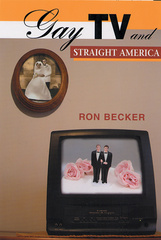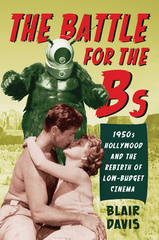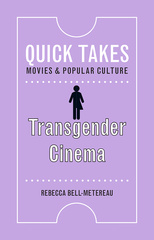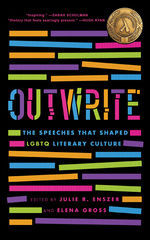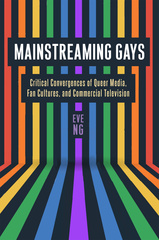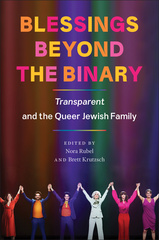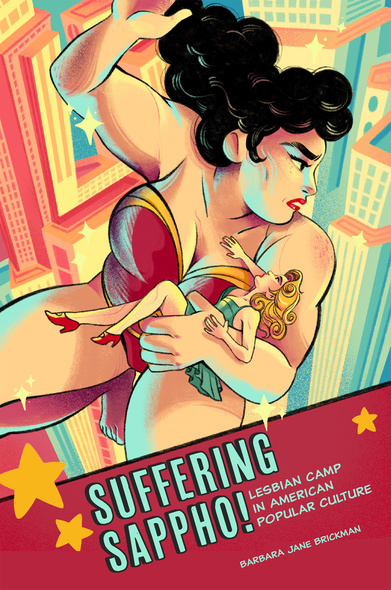
246 pages, 6 1/8 x 9 1/4
15 B-W photographs
Paperback
Release Date:10 Nov 2023
ISBN:9781978828254
Hardcover
Release Date:10 Nov 2023
ISBN:9781978828261
Suffering Sappho!
Lesbian Camp in American Popular Culture
Rutgers University Press
An ever-expanding and panicked Wonder Woman lurches through a city skyline begging Steve to stop her. A twisted queen of sorority row crashes her convertible trying to escape her queer shame. A suave butch emcee introduces the sequined and feathered stars of the era’s most celebrated drag revue. For an unsettled and retrenching postwar America, these startling figures betrayed the failure of promised consensus and appeasing conformity. They could also be cruel, painful, and disciplinary jokes. It turns out that an obsession with managing gender and female sexuality after the war would hardly contain them. On the contrary, it spread their campy manifestations throughout mainstream culture.
Offering the first major consideration of lesbian camp in American popular culture, Suffering Sappho! traces a larger-than-life lesbian menace across midcentury media forms to propose five prototypical queer icons—the sicko, the monster, the spinster, the Amazon, and the rebel. On the pages of comics and sensational pulp fiction and the dramas of television and drive-in movies, Barbara Jane Brickman discovers evidence not just of campy sexual deviants but of troubling female performers, whose failures could be epic but whose subversive potential could inspire.
Supplemental images of interest related to this title: George and Lomas; Connie Minerva; Cat On Hot Tin; and Beulah and Oriole.
Offering the first major consideration of lesbian camp in American popular culture, Suffering Sappho! traces a larger-than-life lesbian menace across midcentury media forms to propose five prototypical queer icons—the sicko, the monster, the spinster, the Amazon, and the rebel. On the pages of comics and sensational pulp fiction and the dramas of television and drive-in movies, Barbara Jane Brickman discovers evidence not just of campy sexual deviants but of troubling female performers, whose failures could be epic but whose subversive potential could inspire.
Supplemental images of interest related to this title: George and Lomas; Connie Minerva; Cat On Hot Tin; and Beulah and Oriole.
[Suffering Sappho!] highlights how lesbian camp continues to flirt with discovery and rediscovery, signifying its enduring relevance in the years that follow. The overall result is a comprehensive exploration of the history and representation of lesbian camp across various cultural contexts.'
If, as Esther Newton has suggested, lesbian camp is a 'very rare bird,' Barbara Brickman has found the flock. At long last, we have a well-researched and incisive book that shatters the fragility of the claim that camp is the sole province of gay males. Brickman delicately balances the seriousness the subject demands with a fond lightheartedness that it deserves.'
Brickman provides an exhaustive view of the camp lesbian throughout popular culture. She deftly makes icons such as Tallulah Bankhead and Gladys Bentley come to life within the context of their own time, with accounts that are by turns hilarious and bittersweet.
Against the stereotypical image of the humorless no-frills lesbian—typically seen as yin to the gay male camp’s yang—Barbara Brickman convincingly charts a history of midcentury lesbian camp subjects, performance, and spectatorship. In analyses of Tallulah Bankhead’s radio shows, Eve Arden’s TV show, lesbian pulp fiction, vampire movies, Wonder Woman comics, and Stormé DeLarverie's drag performance, among others, Brickman argues for a pre-Stonewall lesbian camp sensibility that helped lesbians negotiate and transmogrify postwar moral panics about lesbian identities and communities into humorous and theatrical play with sex and gender norms.
BARBARA JANE BRICKMAN is an associate professor of media and gender studies at the University of Alabama. She is the author of two books, New American Teenagers: The Lost Generation of Youth in 1970s Film and Grease: Gender, Nostalgia and Youth Consumption in the Blockbuster Era, and is the founder and director of the Druid City Girls Media Program.
Introduction
1 The Big “Lesbian” Show in Postwar American Culture, a History
2 Voyage to Camp Lesbos: Pulp Fiction and the Shameful Lesbian “Sicko”
3 A Strange Desire That Never Dies: Monstrous Lesbian Camp at the Movies
4 Spinsters, Career Gals, and Butch Comedy in 1950s Television
5 Amazon Princesses and Sorority Queers, or the Golden Age(s)
of Comic Lesbians
6 Sexual Outlaw: Disidentification, Race, and the Postwar Lesbian Rebel
Epilogue
Acknowledgments
Notes
Selected Filmography
Index

